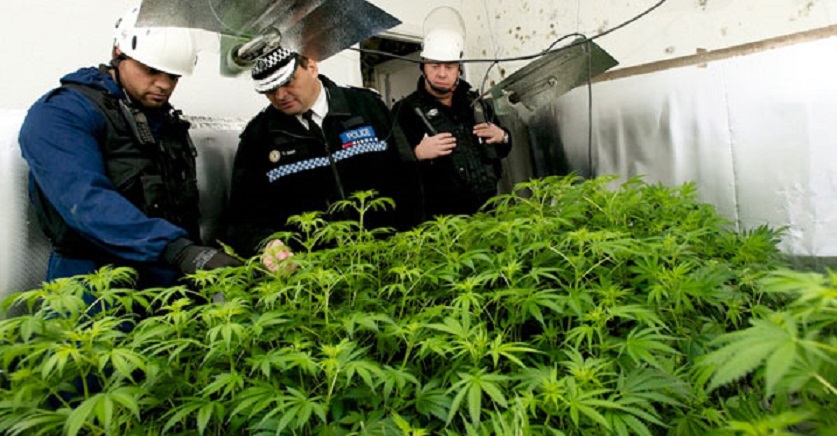[Author]Drug prohibition does not eliminate drug use nor does it eliminate the market for drugs
by Zenande Meyiwa
bdlive[/Author]
Between 1920 and 1933 the US government prohibited alcohol, including a ban on production, transportation, sale and consumption of alcoholic beverages.
The ban arose from America’s Protestant-inspired Temperance movement. At first, the movement pushed for moderation, but, after some time, they advocated for complete prohibition.
Despite the organisation’s success, alcohol was readily available to a number of Americans through illegal means. This is a classic example of how markets can be distorted. However, my intention is not to show you how alcohol prohibition was an epic failure, but to explain why legalising drug use makes perfect economic sense.
A couple of days ago I read an article about a 16-year-old girl from East London who died in a drug-related incident. This really saddened me, and raised the question: “Shouldn’t a government look after the welfare of its people?”
People say that drug use leads to death. Yes, it does, but more people die from road accidents, alcohol abuse and swimming. In some countries, there are more reported deaths from skiing or snowboarding than drug-related ones and yet these activities are all legal.
Studying economics taught me how important free choice is and how paramount it is for governments to respect consumer sovereignty. Interfering with this basic economic principle results in major market failures.
Drug prohibition does not eliminate drug use nor does it eliminate the market for drugs. Instead, the market narrows and the black market flourishes. As a result, prices are driven up and incentives are created to make cheaper and more potent drugs.
Since there are no institutions to enforce contracts in black markets disputes are usually resolved through the use of guns or intimidation. This leads to the formation of gangs to protect market share. Furthermore, there are greater incentives to bribe police officers, court officials and politicians.
Of greater concern is that prohibition creates huge health risks. There are no quality control agencies in the black market to force producers to include ingredient information on their products.
The government protects the drug industry by keeping the prices high. Economics 101 dictates that a free market exchange drives prices down because of the relative ease of entry and exit into the market. The barriers of entry created by government ensures that the interests of the drug cartels are protected.
Simply put: the government promotes anticompetitive behavior in the drug trade.
My point is that the costs of keeping drugs illegal outweigh the costs of legalizing them. South African prisons and holding cells are crowded with small-time drug dealers and people who were arrested for drug possession while the big drug lords are out roaming the streets freely.
Legalizing drugs will ultimately eliminate the black market and, in my opinion, street gangs. It can lead to the establishment of new industries that increase gross domestic product substantially.
Strict rules regarding health, safety and information about the product can be introduced and dealers held responsible for deaths.
Does my viewpoint mean I approve of drug use? No, certainly not. To be aware of the enormous risks attached to drug use is an educational task that starts at home, and is continued at schools and through churches and other community-based organizations. That duty is ours, not that of a government using its legislative powers



